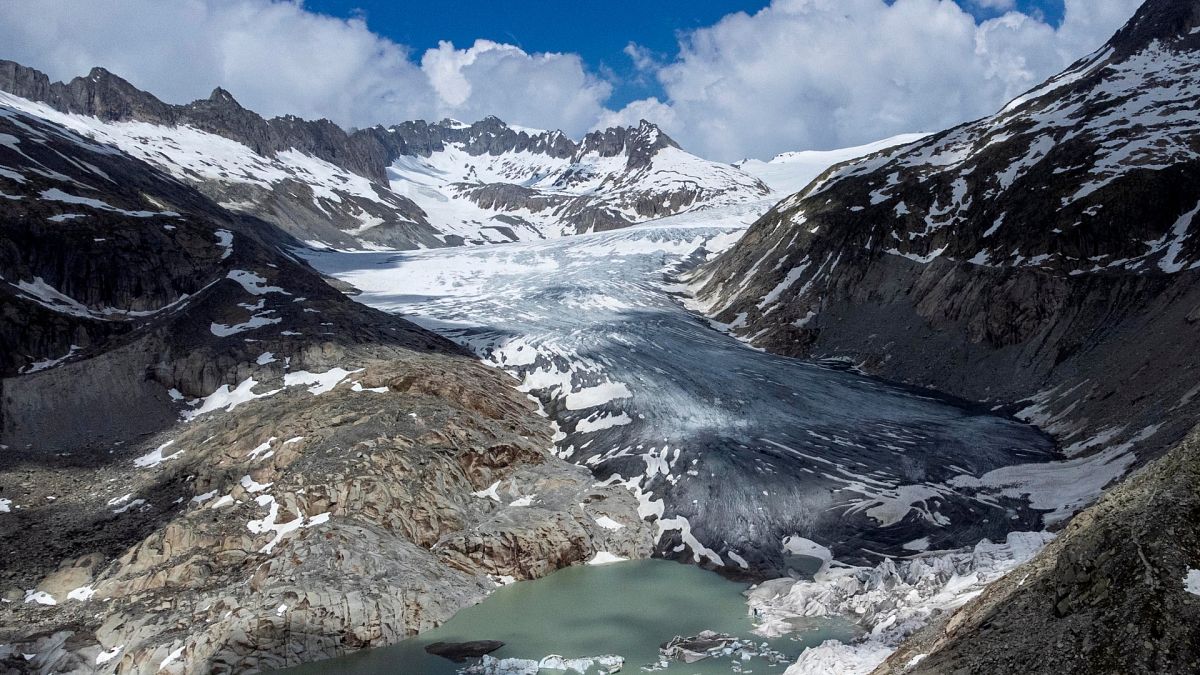Launched in 1998 by the European Space Agency, Copernicus is the European Union’s Earth and observation programme.
Switzerland has said it won’t be taking part in the EU’s climate change monitoring programme for the time being.
Despite a parliamentary vote in favour of joining and agreements with the EU, the federal government has decided not to take part in the programme known as Copernicus until the end of 2027 for financial reasons.
Participation in the programme “would result in additional expenses,” it said in a press release and the government’s current tense financial situation offers “no room for manoeuvre”.
What is Copernicus and what does it do?
Launched in 1998 by the European Space Agency, Copernicus is the European Union’s Earth and observation programme. It uses satellites and ground facilities to monitor and forecast the state of the environment on land, sea and in the atmosphere.
One of its major research areas is climate change, providing the data needed for mitigation and adaptation strategies as well as helping to manage emergency situations like flooding or wildfires.
Recent reports from the programme showed that 2023 was the hottest year on record and revealed that Europe was the fastest warming continent with temperatures rising at roughly twice the global average.
Switzerland backtracks on parliamentary decision
Participation in the Copernicus programme would require negotiating a bilateral agreement between Switzerland and the EU.
The process had already begun after parliament voted in favour of joining Copernicus last year. The country’s House of Representatives and Senate were in support and adopted a motion on participation without discussion.
The country doesn’t have its own Earth observation programme, and advocates for the parliamentary motion said it was something that universities and industry experts have been calling for for years.
They worried that Switzerland risked losing out on technical knowledge and jobs by not participating. Finance Minister Karin Keller-Sutter warned at the time, however, that joining Copernicus would not come for free.
On 1 May, during a Federal Council meeting, the country decided not to participate in Copernicus during the current period (until the end of 2027) due to costs which would further strain an already tight federal budget.
Over the coming years it will consider possible accession to the programme from 2028 and the Federal Council has said that a large part of the data it provides will still be freely available.



